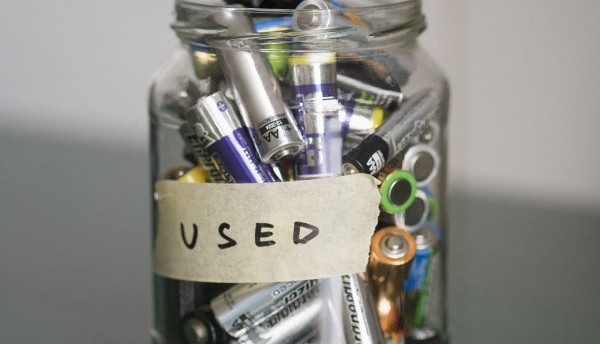
TRUMPF, a high-tech company based in Ditzingen Stuttgart, Germany has introduced a groundbreaking laser technology that allows for the industrial-scale recycling of used or defective batteries from electric vehicles. This innovation, which was showcased at the Battery Show Europe 2024 in Stuttgart, leverages TRUMPF's extensive experience in laser welding and cutting, particularly in the production of e-car batteries.
TRUMPF's laser technology promises to enhance the recycling process significantly. It allows for the precise removal of valuable materials from the battery foil, enabling the recovery and reuse of these materials in new battery production. Previously, the recycling of battery materials was inefficient, with much of the valuable material wasted. Moreover, the technology offers a solution for the automated dismantling of battery packs, a process that has been manually intensive, slow, and sometimes hazardous. By facilitating efficient and safe recycling practices, TRUMPF's laser technology represents a significant step forward in the sustainability and efficiency of electric vehicle battery manufacturing and recycling.
“Recycling batteries makes ecological sense and, thanks to laser technology, can now also be implemented economically. TRUMPF can draw on extensive expertise in laser welding and cutting for the production of e-car batteries. We have been working with all leading car and battery manufacturers for years. We have incorporated this experience into the development of the new processes,” said Hagen Zimer, CEO of Laser Technology at TRUMPF.
The importance of recycling electric car batteries is underscored by the dependency on valuable, yet scarce and environmentally challenging raw materials such as cobalt, lithium, and nickel. These materials' extraction processes are not only expensive and unsustainable but also reliant on long, uncertain supply chains.
The European Union's mandate for up to a 90% recycling rate for batteries further necessitates large-scale recycling efforts. Alexander Sauer, head of the Fraunhofer Institute for Manufacturing Engineering and Automation IPA, pointed out the significant market potential for laser recycling processes, with an expectation for Europe to recycle 570,000 tons of battery material annually by 2030.








